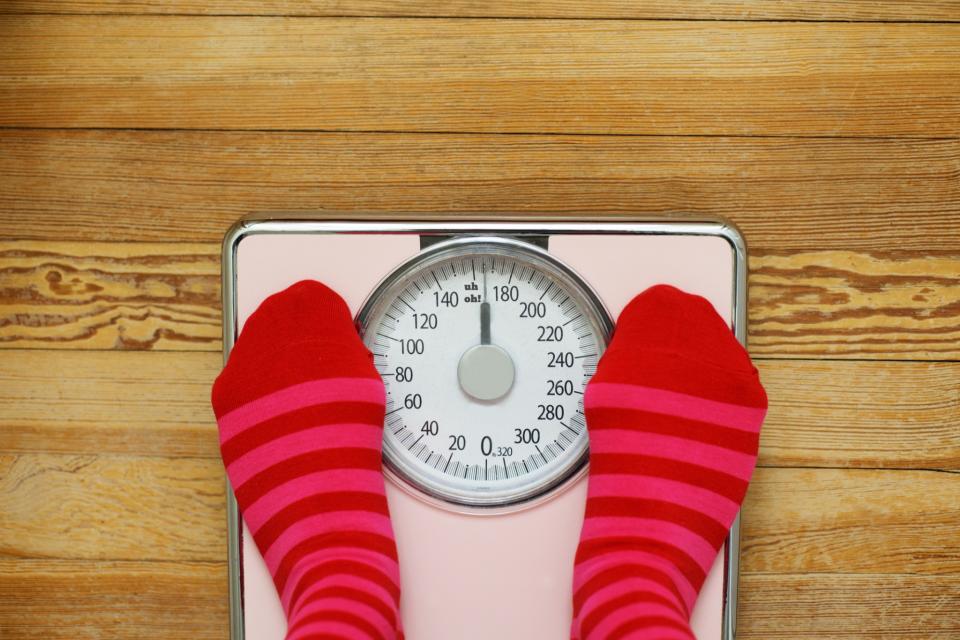Gigi Hadid has revealed she has Hashimoto's Disease, but what is it?

Gigi Hadid has recently opened up about having Hashimoto’s disease, a common – but sometimes debilitating – thyroid condition.
Causing fatigue, weight gain and depression among other symptoms, according to Elle, the 21-year-old model has taken medication for it for two years.
But what actually is Hashimoto’s disease, and how would we be able to tell if we had it ourselves?
The thyroid
There are plenty of things that can go wrong with the thyroid: A butterfly-shaped gland found in the neck, it produces the hormones which control the body’s growth and metabolism as they’re released into the bloodstream.
You may have had a friend with an over-active thyroid, for example, which can cause nervousness, mood swings and weight loss.

But Gigi’s thyroid condition means that she has an under-active thyroid, which triggers a different set of symptoms.
Hashimoto’s thyroiditis
Gigi’s Hashimoto’s thyroiditis is an autoimmune condition, which means that your body mistakenly attacks your thyroid gland, causing it to become slowly swollen and damaged.
And as it’s damaged it’ll produce insufficient amounts of the thyroid hormone, meaning the sufferer will experience symptoms of an under-active thyroid gland.
The symptoms

According to the NHS, common symptoms include weight gain, sensitivity to cold, muscle aches, dry and scaly skin, loss of libido and irregular periods.
But actually figuring out if these are symptoms of an under-active thyroid can be pretty tricky as they’re really similar to that of other conditions.
Constipation, a low sex drive and lack of energy are symptoms of depression, for example, which can occur for any reason at any time. But all of these can also be caused by an under-active thyroid.

Regardless, if you’re experiencing some of them and are beginning to suspect you could have the condition, check it out with your GP.
Here’s the full list of common symptoms:
Depression
Muscle aches and weakness
Muscle cramps
Weight gain
Constipation
Tiredness
Sensitivity to cold
Irregular or heavy periods
Numbness, pain and a tingling sensation in the hands and fingers
A low sex drive
Brittle nails and hair
Dry and scaly skin
Slow movements and thoughts
Treatment
Thankfully, an under-active thyroid can be treated by taking hormone replacement tablets – which don’t usually have any side effects.
So once you’ve put your finger on what’s wrong, you’ll most likely be able to do something about it.
Do you suffer from a thyroid condition? Tweet us at @YahooStyleUK.
Your birth control method affects how often you & your partner have sex
How my overeating habit makes me feel (and what to do about it)


